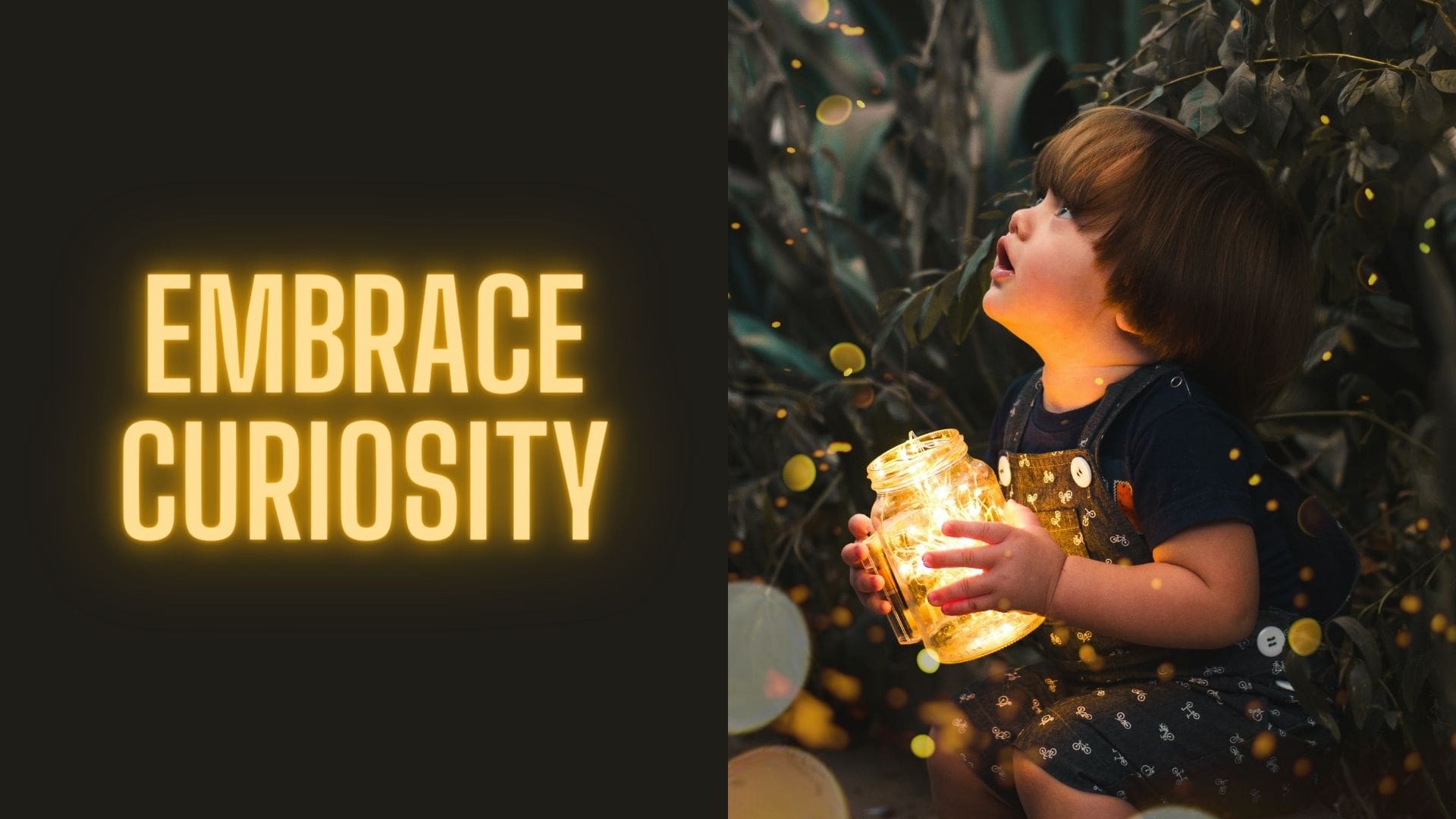By Wayne “Dr. B” Benenson, Ph.D.
Woody Allen famously joked, “If you want to make God laugh, tell him about your plans.” At every stage of life we make plans, set out where we want to go, and imagine what it would be like when we have “arrived.” But things don’t always turn out as we expected. It’s so easy to get caught up in a drama of our own making that we lose focus on other possibilities in front of us. We can hardly see the opportunities – invisible in plain sight – right before our eyes. To recover that awareness we need to learn how to pivot.
In basketball, a pivot is used to avoid a defensive player and find an opening on the court to take a shot, make a pass or dribble. The pivot foot must maintain contact with the ground which allows the other foot to be free to step and move. In mindfulness practice, a pivot is used to jump-start necessary growth and change. Mindfulness enables you to shift how you relate to challenging experiences with greater equanimity, or evenness. Here are two mindfulness strategies that will help you cope with difficult situations: Keep an open mind and face intense emotions with kind attention.
Keep an open mind
Do you see yourself as open-minded – flexible in your thinking and adaptive in your opinions and points of view? For a revealing answer, take this quick and dirty self-assessment. What images come to mind when you hear these terms or labels: “voter fraud” or “white privilege” or “climate change?” Do certain assumptions arise? We all have subconscious filters that influence our perceptions. The first step toward cultivating an open mind is to observe your tendency to judge – even if you aren’t aware it’s happening.
Get to notice your biases and do your best to release judgments. Do you notice your inner chatter – the quick, brief labeling of groups as you watch the news? Do you move slightly away from some people and feel more comfortable with others? As you become aware of the limiting voices in your head, imagine you are Spock on a Star Trek episode, mimicking his iconic quip, “Fascinating.” Finally, embrace curiosity. When you become more receptive, ask questions and listen to other points of view. This is how you can balance divergent opinions with core beliefs.

Face intense emotions with kind attention
Despite deft footwork to avoid intense feelings, troublesome emotions such as frustration, anger and fear can undermine your intentions, block creativity and harm relationships. Although we are inclined to turn away from unpleasant encounters, suppressed emotions can “leak out” in the form of lashing out when you least expect it. Or, with some people, suppressed feelings can lead to withdrawal, silence or isolation. One of the most useful benefits of mindfulness is learning how to shift when intense emotions hook us.
Create space when you are overwhelmed and focus on caring for yourself. Although it’s probably the last thing you want to do, simply pay attention to being overwhelmed. What does it feel like in your body or in your thoughts and feelings? Direct your attention to your breath to calm your mind and body. Open yourself up to working with strong emotions and what’s really going on with yourself and others before jumping to a conclusion. Bring empathy to the situation. Look at your feelings from your point of view and then move to the other person’s point of view. What is the energy behind the strong emotion and how can you diffuse it? Be honest with yourself. Your response to intense feelings can be an opportunity to pivot.
Homework: The RAIN Technique for Handling Hard Emotions
The RAIN practice starts with recognizing how you feel and taking a few easy breaths. Try to name the emotion: “Oh, okay, I feel anxious.”
Next, allow. Don’t run from the emotion, suppress it, or turn to distraction.
Then investigate with kindness. Use inquiry to uncover what is happening.
Lastly, nurture. Attend and befriend your feelings. Try a physical gesture such as placing a hand over your heart. Self-compassion is soothing.
As always, enjoy the moment.
Dr. B, aka Wayne Benenson, Ph.D., has had lots of career opportunities to be mindful: as an elementary and early childhood teacher, a college professor and a researcher on peer mediation. He currently offers mindfulness tutorials, short and sweet (20 minutes), via Zoom. For more information check out his Facebook page at or contact him here. Dr. B. will lead a fun, interactive Mindfulness session at the EVJCC on Tuesday, May 3. Sign up here.
Header photo by Andrea Piacquadio/Pexels





